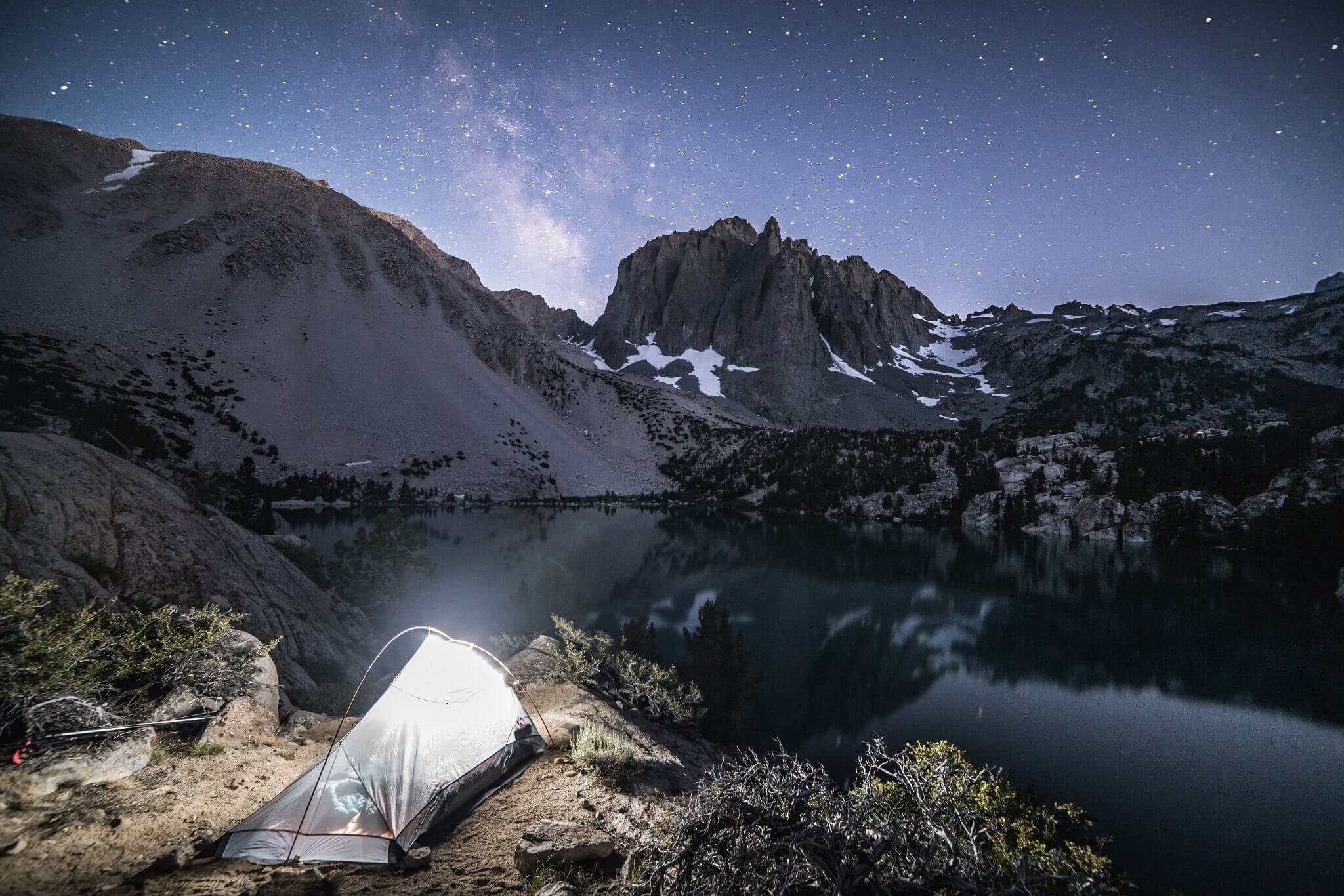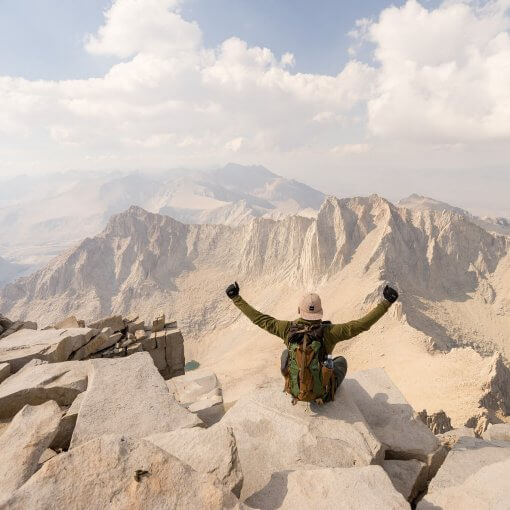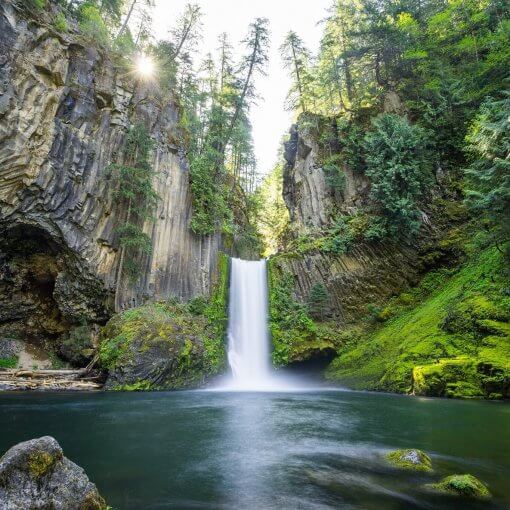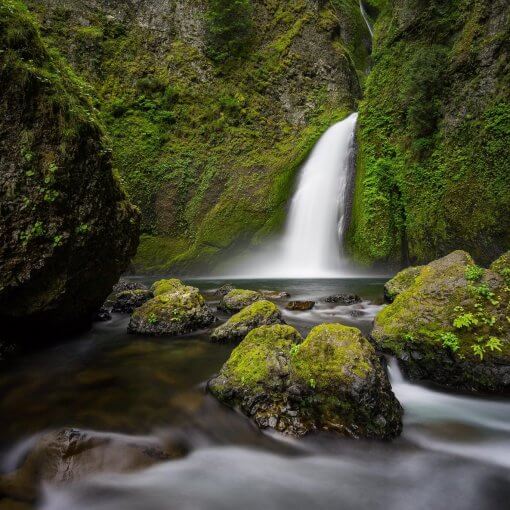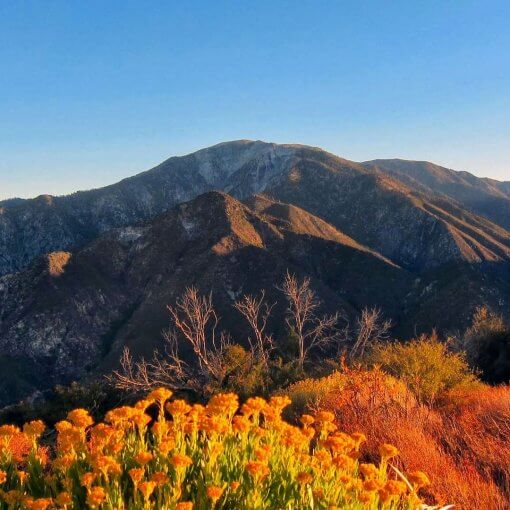Alpine Backpacking at Big Pine Lakes: 5 Reasons to Go
The Big Pine Lakes are some of the most pristine, alpine backpacking spots in California. It’s also quite a trial to traverse, but this is a challenge that’ll expand you, mind, body, and spirit. So if you’re trying to take your outdoor game to the next level, here are five reasons to consider backpacking across the Big Pine area.
1. Exercise
No, alpine backpacking is not ‘just walking around.’ A strenuous hike, anything from beautiful Mt. Whitney to the fierce Mt. Hood, is great for you physically and mentally. It’s the perfect example of a weight-bearing exercise that’ll strengthen your bone density as well as muscle strength, and not just in any single area either. Lugging all your supplies in a single trusty pack while navigating rough terrain is a feat that will try every ounce of strength in your body, from core to quads to glutes. And aside from the intensity of the workout, the lovely surroundings (make sure to pick a spot with a view to reward your efforts!), combined with a single goal (get to where you’re going), are great for you mentally. For those ‘ten things to do at a time’ types, a good hike can get you re-oriented and recharged for life.
2. Beautiful Views
Like I said, who wants to exercise without some motivation, right? A great workout is nothing without a beautiful nature spot at the end of the path. The Big Pine Lakes have you covered there too with an array of spectacular views and panoramas. The region is famous for its sequence of lakes, which attract visitors with their unearthly, turquoise-blue waters. It’s also a great spot for trout-fishing, if you happen to be an angler. The aspen and pine forests are similarly unbeatable, and turn a vibrant gold yellow towards the autumn seasons. Finally, if you happen to be a cinephile, classic MGM horror icon Lon Chaney’s old cabin still stands for visitors, and was designed by renowned architect Paul Revere Williams, who designed both living quarters for Hollywood stars (Frank Sinatra and Lucille Ball, to name a few) and civic buildings like the LA Courthouse.
3. Test Your Limit
So we talked about the health benefits of alpine backpacking, but this isn’t just the equivalent of a good jog. This is a challenge to attempt if you want to come through the other side bigger, better, and more experienced than you were before. The Big Pine lakes are consistently rated ‘difficult’ as a hike, and it’s easy to see why. It’s a 10-20 mile hike up to an elevation of about 9,750 ft., with an incline of 2,500 feet over 4 miles. This isn’t quite the same as a grueling 14,505 ft. climb like Mt. Whitney, but you’ll still definitely feel some of the effects of decreased oxygen pressure. For the unprepared, exercise at higher altitudes can cause nausea, lightheadedness, headaches, and a range of other unpleasant symptoms. So if you’re up for an adventure that will provide more than a tough workout, the Big Pine region can definitely teach you something new about yourself.
4. Learn New Skills
On that note, if you’re still an amateur outdoorsman looking to step up your game, alpine backpacking is a great way to teach yourself some new essential skills. Like I said before, Big Pine Lakes is a place to learn more about your body. I’m talking about learning, ounce for ounce, precisely how much trail rations you need, how much punishment you can take, and how much rest you actually need. If you’re at all still in the dark as to what you’re capable of, alpine backpacking will give you the full diagnostics. The experience will also test some more common outdoor skills. You’ll need to be able to gauge the distances you’ve traveled, as well as navigate to your destination in relatively rough terrain. The cold alpine climate also means getting used to doing everything in the blistering cold–have you ever pitched an alpine tent in a snowstorm? Can you tie a knot with limited visibility? This is the place to put your experience to the test.
5. Life Lessons
Finally, you’ll learn things to take back into your daily life. It goes without saying that such a strenuous activity will demand perseverance, the ability to say ‘Yes’ when everything in your body and mind screams ‘No.’ The weather, your limited resources, and the taxing altitude will work to bring you down. And you’re going to learn that it takes more than a solid body to stand tall. It takes raw willpower, and not many activities can test that as directly as alpine backpacking can. If all of that sounds a little intense, you should know that everyone who attempts higher altitude backpacking will find that they can handle much more than they think. After all, if you’ve never seen your limits, how can you say anything about them?
Perhaps the biggest takeaway of alpine backpacking is the realization that the best things in life really are free. You’ve heard that a lot, I’m sure, but really think about it. Think about how much you spend on commuting, parking, taxes, on all of the little things. Now consider that none of that exists when you’re backpacking. A vacuum of all those little payments of modern society is an incomparable experience, one that will provide some life perspective that you can’t get anywhere else.
